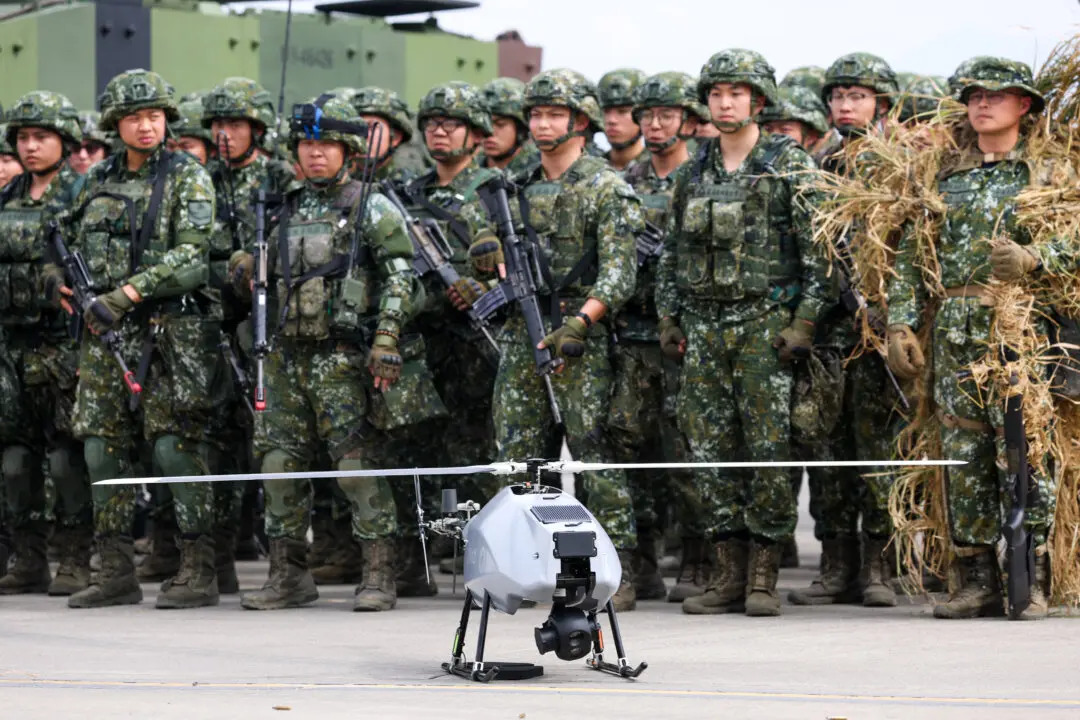The new film “Top Gun: Maverick” is earning praise not only for being better than its 1986 predecessor, but for standing up to the Chinese Communist Party, after the film’s producers reinstated a Taiwanese flag on the bomber jacket worn by Tom Cruise’s Navy pilot character.
In the original “Top Gun” film, Cruise’s character, Pete “Maverick” Mitchell, wears a bomber jacket with Taiwanese and Japanese flag patches. However, both flags were replaced with emblems when the sequel released a trailer in 2019.





